Category: Schools & Learning
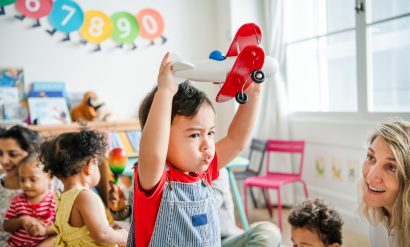
Supporting Learning Through Play
11 December 2024
A Play Commission Submission by Dr Soizic Le Courtois, Manogya Sahay and Qiming Liu
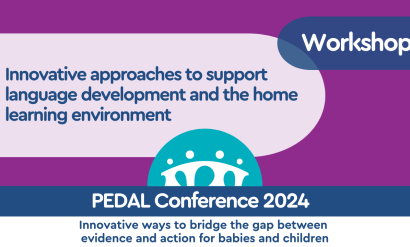
Innovative approaches to support language development and the home learning environment
3 December 2024
In this PEDAL Conference 2024 recording, Prof Jenny Gibson presents her research findings that demonstrate the connections between a high-quality early language and communication environment in the home and children’s later school readiness and literacy outcomes in key stage 2.
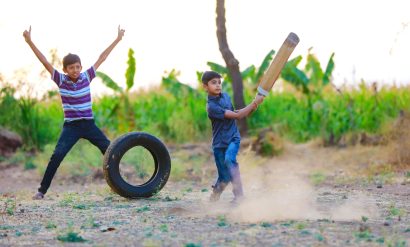
Learning through play in Global Majority countries: Reflections from the PEDAL Centre on understanding and adapting the concept in four different contexts
9 September 2024
This paper in the International Journal of Play interrogates the concept of learning through play in different global contexts.
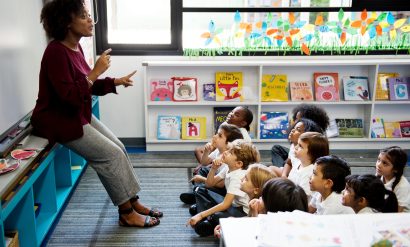
Staying self-regulated in the classroom: The role of children’s executive functions and situational factors
24 July 2024
We wanted to explore how an individual child's self-regulation might vary between different activities.
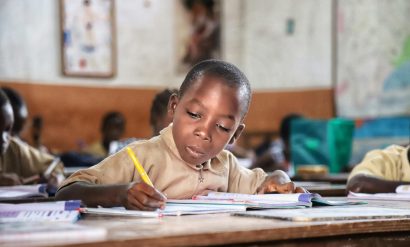
Creating Classrooms for Change: Developing cognitive flexibility in schools in Rwanda
1 March 2024
This research looked at how schools in Rwanda foster students’ skills for adaptability - their capacity to create, innovate and adjust to shifting circumstances. It uses the psychological lens of cognitive flexibility.
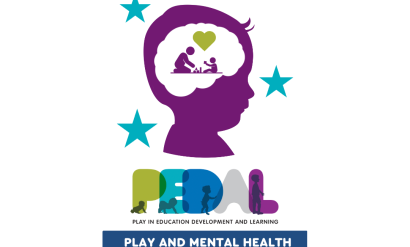
The complex possibilities of play in schools
5 December 2023
In this PEDAL Conference 2023 recording, Dr James Biddulph and Aimee Durning (University of Cambridge Primary School) discuss play's place in the curriculum, and how they have used play to nurture and promote mental wellness for some of the most vulnerable children within their school community.

Playful approaches to research
5 December 2023
In this PEDAL Conference 2023 recording, Dr Beth Barker, Dr Kelsey Graber, and PhD students Sydney Conroy and Carolyn Mazzei (PEDAL) discuss how play itself can be used as an ethos and a tool to support our explorations of play, development, and learning in childhood during our research studies.
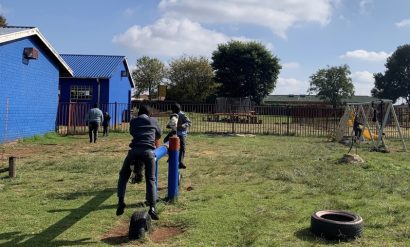
Play in South African autism schools: why are formalised ethical processes important?
3 May 2023
Why are culturally sensitive approaches to research ethics so important?
An Introduction to the TRAIL (Teachers Reflecting on Agency in Learning) Programme
1 December 2022
Teachers Reflecting on Agency in Learning (TRAIL) is a professional development programme designed to support early years and primary educators in implementing rigorous, child-centred practices that promote agency in children. Many educators are unsure how to balance their role as a guide in children’s learning with children’s exploration and curiosity. In TRAIL, we support educators […]
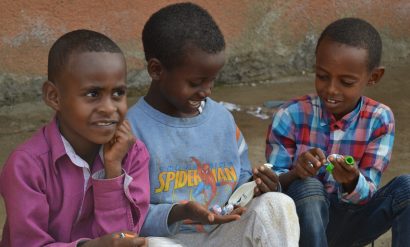
Ruptured school trajectories: understanding the impact of COVID-19 on school dropout, socio-emotional and academic learning using a longitudinal design
1 December 2022
Stephen Bayley, Prof Paul Ramchandani, Research for Equitable Access and Learning (REAL) Centre, Addis Ababa University, RISE Ethiopia
